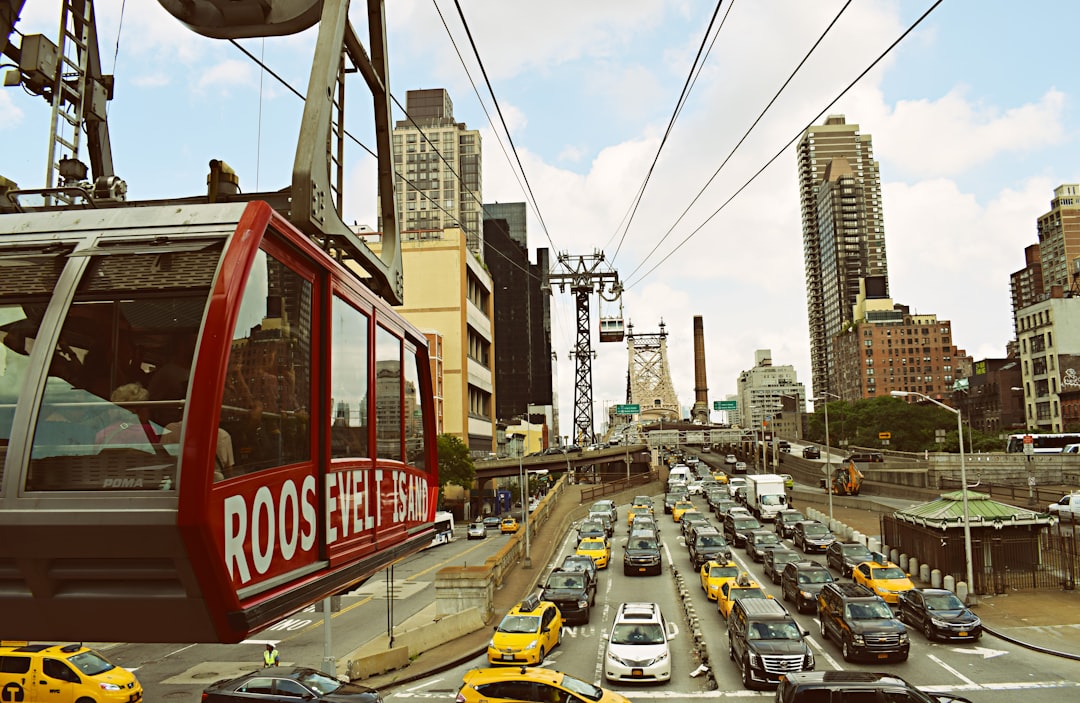When it comes to getting a new car, one of the biggest decisions to make is whether to lease or buy. Both options have their own set of advantages and disadvantages, and it’s important to weigh them carefully before making a decision. In this blog post, we’ll take a closer look at the pros and cons of leasing versus buying a car to help you make an informed choice.
Leasing a car comes with several benefits that may make it an attractive option for some people. One of the biggest advantages of leasing is that it typically requires a lower down payment and monthly payments compared to buying. This can make getting a new car more affordable, especially for those who may not have a large sum of money saved up for a down payment.
Additionally, leasing a car means you’ll be driving a newer vehicle with the latest features and technology. Most lease terms are around three years, so you’ll always be driving a relatively new car without having to worry about the costs of maintenance and repairs that come with owning an older vehicle. And when the lease term is up, you can easily return the car and lease another new one, keeping you behind the wheel of a newer model every few years.
Another advantage of leasing is that you won’t have to deal with the depreciation of the car’s value. Since you’ll be returning the car at the end of the lease term, you won’t have to worry about selling it or trading it in for its depreciated value. This can save you money in the long run and allow you to drive a new car without the hassle of worrying about its resale value.
However, leasing does come with its own set of drawbacks that may make buying a more appealing option for some people. One of the biggest disadvantages of leasing is that you won’t own the car at the end of the lease term. This means you won’t have any equity in the vehicle, and you’ll need to start over with a new lease or purchase when the term is up.
Additionally, leasing typically comes with mileage restrictions that can incur additional fees if you exceed them. If you have a long commute or frequently take road trips, leasing may not be the best option for you. You’ll need to carefully track your mileage to avoid extra fees, which can make driving a leased car more stressful and less enjoyable.
When it comes to buying a car, there are also several advantages to consider. One of the biggest advantages of buying is that you’ll own the car outright once you’ve finished making payments. This means you’ll have equity in the vehicle, and you can sell or trade it in whenever you want.
Buying a car also allows you the freedom to customize and modify it to your liking. Since you’ll own the car, you can make changes and upgrades as you see fit without worrying about violating the terms of a lease agreement. This can be appealing for those who like to personalize their vehicles and make them their own.
Additionally, buying a car means you won’t have to worry about mileage restrictions or additional fees for exceeding them. You can drive the car as much as you want without having to keep track of your mileage or pay extra fees. This can be a big advantage for those who have long commutes or enjoy taking road trips.
However, buying a car also has its own drawbacks to consider. One of the biggest disadvantages of buying is that it typically requires a larger down payment and higher monthly payments compared to leasing. This can make buying a new car more expensive upfront, which may not be feasible for everyone.
Additionally, buying a car means you’ll be responsible for all maintenance and repairs. As the owner of the vehicle, you’ll need to cover the costs of any repairs that arise, which can add up over time. This can be a major drawback for those who don’t want to deal with the hassle and expense of maintaining an older car.
In conclusion, both leasing and buying a car have their own set of pros and cons that should be carefully considered before making a decision. Leasing can be a more affordable option with lower monthly payments and the ability to drive a newer vehicle every few years. However, leasing comes with mileage restrictions and the drawback of not owning the car at the end of the term.
Buying a car means you’ll own the vehicle outright and have the freedom to customize it as you please. However, buying can be more expensive upfront and require higher monthly payments, as well as additional costs for maintenance and repairs.
Ultimately, the decision to lease or buy a car will depend on your individual financial situation, driving habits, and personal preferences. It’s important to weigh the pros and cons of each option carefully to determine which one is the best fit for your needs.
